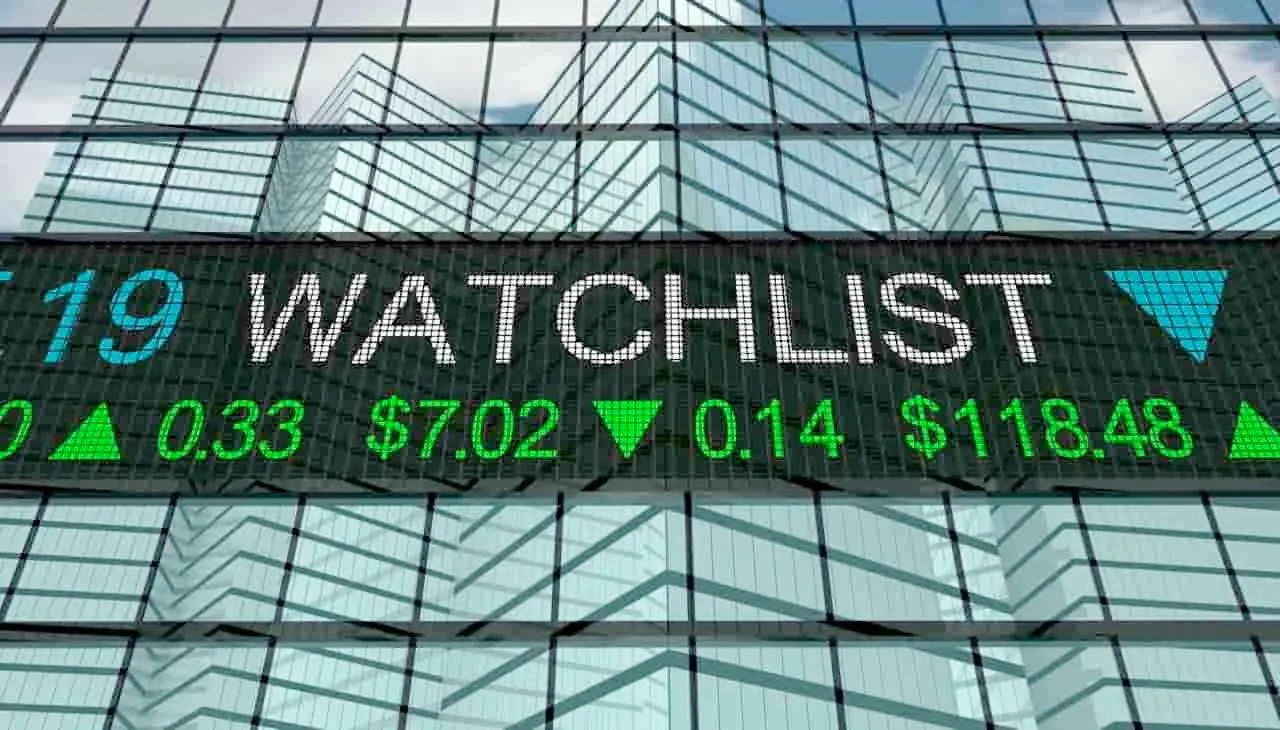Investing Insights: MA and PG Stock Poised to Hit $500 Billion Market Cap

Market Overview
As the stock market transitioned positively through August, September arrives with promising potential for select equities. Among the notable candidates are Mastercard (NYSE: MA) and Procter & Gamble (NYSE: PG)—both well-positioned to achieve a remarkable $500 billion market cap.
Mastercard's Growth Path
With a current market cap of approximately $446 billion, Mastercard is a leader in the payment industry. The company aims to increase its valuation by about 12.1% to reach the coveted $500 billion mark.
Mastercard's strong growth is driven by its strategic investments in technology and cybersecurity, bolstering its competitive edge. The ongoing rise of cashless transactions supports its upward trajectory, especially as it expands into emerging markets like Asia and Africa.
Additionally, collaborations with fintech firms and the foray into cryptocurrency transactions are anticipated to further boost growth. In Q2 2024, Mastercard reported earnings of $3.59 per share, exceeding estimates, and net revenue rose to $7 billion.
Procter & Gamble's Resilience
Procter & Gamble, holding a market cap of about $403 billion, aims for a 24.1% growth to achieve a $500 billion cap. The company displays remarkable pricing power and focuses on high-growth categories.
Its ability to navigate rising costs without deterring demand adds to its financial strength. Notably, P&G prioritizes sustainability, appealing to today's conscientious consumers. Recent earnings highlighted margin expansion, reassuring investors of its potential.
As of now, P&G trades at approximately $171, with a 15% year-to-date increase.
Conclusion: A Bright Opportunity Ahead
MA and PG stocks are primed for growth as they vie to reach the $500 billion market cap in September. Strategic initiatives and a resilient market presence position these companies as prime investment opportunities, potentially driving their valuations higher.
This article was prepared using information from open sources in accordance with the principles of Ethical Policy. The editorial team is not responsible for absolute accuracy, as it relies on data from the sources referenced.